
Judicial news portal Migalhas has acquired Congresso em Foco, a respected voice in Brazilian political coverage. The landmark deal is likely a pivotal moment for niche journalism and points toward a trend of consolidation in digital media.

Brazilian investigative association Abraji reports a continued decrease in gender-based violence against journalists. However, press advocates say the nature of attacks is still serious.
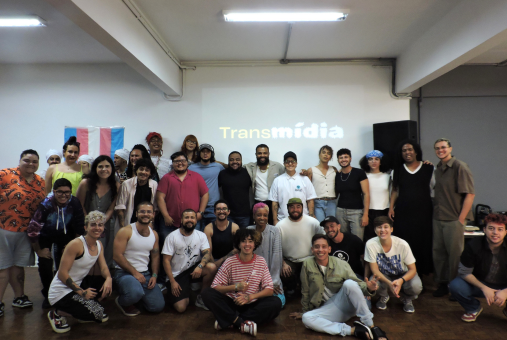
Transmídia, Brazil's first journalism outlet dedicated to trans issues, is staffed entirely by trans people with a mission to promote inclusion and combat misinformation.

The book “Brick by Brick” explains how digital native news outlets in Brazil and Colombia are fostering communities of financial supporters to sustain journalism. It’s an exercise in persistence and resilience.
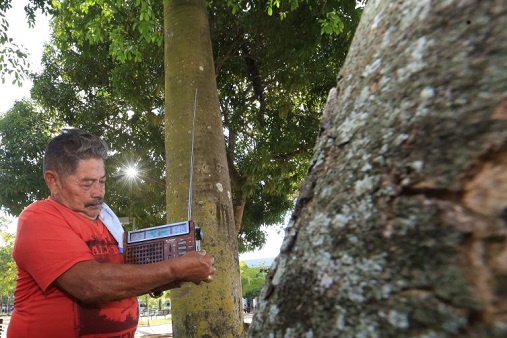
A map by InfoAmazonia shows dozens of independent radio stations broadcasting from remote rainforest communities. Despite financial pressures, many confront agribusinesses while highlighting Indigenous and environmental rights.
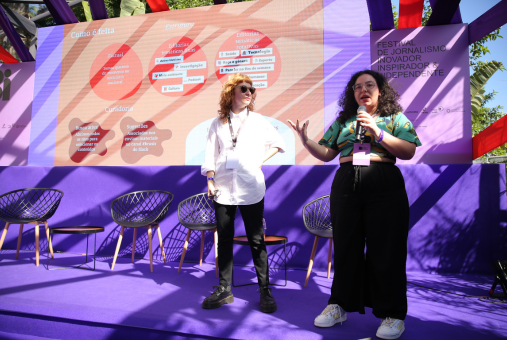
A newsletter produced by the Digital Journalism Association (Ajor) to promote Brazilian digital native media shares stories from local journalism that echo national and global issues.

Brazilian journalist Vanessa de Macedo Higgins Joyce focused on Argentina, Brazil and Colombia and found ways in which digital news media can build consensus in polarized societies.

Projor’s new program assesses news sites based on 11 quality indicators, including author information, correction policies and funding transparency.
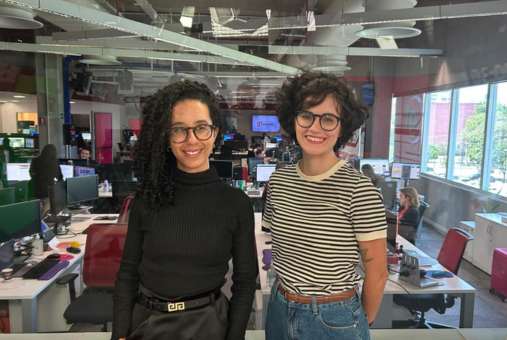
After publication of a G1 investigation, federal police arrested 36 candidates for municipal elections who were wanted by Brazilian courts.

Chair throwing and a punch spark discussion on journalists’ responsibility to rein in candidates who resort to physical and verbal violence in political debates.

A recent survey found that 35% of Brazilians believe there was fraud in the 2022 elections. Journalists tell how they provide critical coverage of the electronic voting machine, the target of misinformation campaigns.
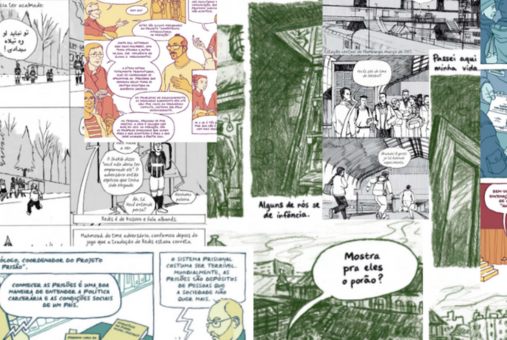
A newly published manual from Brazilian researcher and journalist Augusto Paim outlines the steps to producing comics journalism, offering guidance from story definition to investigation, scripting, and editing.